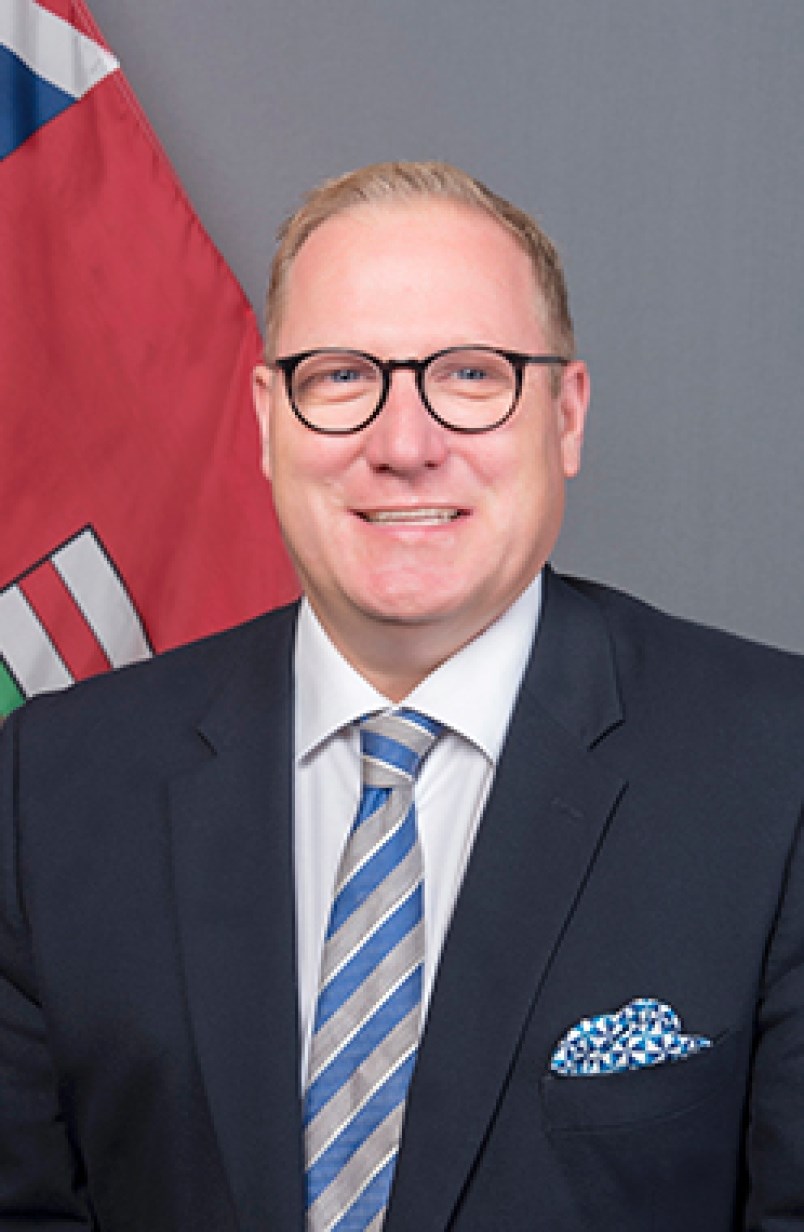Manitoba announced a 2021-22 budget of approximately $16.7 billion with a projected deficit of $1.597 billion April 7.
A little more than 40 per cent of the total budget – $6.98 billion – is going into health care, including $1.2 billion for COVID-19 costs and contingency funds for future needs. Overall health spending is going up by $156 million from the previous year.
Education accounts for about $3 billion, including $5.5 million in special needs funding, $4 million for a virtual learning strategy to support online, distance and remote learning for all Manitoba students and $5 million to advance the province’s planned education reforms, which include amalgamating school divisions and getting rid of elected school board trustees. The government is also supporting the creation of 200 new child care spaces, 50 of them in licensed home-based centres, and freezing child-care fees for three years. Post-secondary tuition fee increases are bing capped at 3.75 per cent for university tuition and $250 per college program in the upcoming academic year.
The use of municipal property taxes to help fund public education will begin to be phased out this year, with residential and farm property owner getting a 25 per cent education property tax rebate and owners of other types of properties a 10 per cent rebate. Vehicle registration fees will be reduced by 10 per cent in July and tax-exemption amounts and income tax brackets will be adjusted for inflation, adding 1,500 more low-income Manitobans to the already 11,000 who didn’t have to pay provincial income tax.
Other cost-controlling measures include freezing rent increase guidelines for 2022 and 2023 and raising the payroll tax exemption threshold to $1.75 million and the threshold below which a reduced rate is paid from $3 million to $3.5 million.
Northern-specific spending includes $1.3 million for the Northern Healthy Foods Initiative and $4 million for health and safety expenditures in Northern Affairs communities, including the improvement of water systems and of sewage treatment and disposal systems.
Finance Minister Scott Fielding’s budget speech also included vague promises without a price tag attached about increasing broadband internet connectivity in rural, remote and Indigenous communities ands creating new opportunities for remote working to encourage the hiring of civil servants from rural and Northern Manitoba.
“Despite the ongoing financial and economic challenges posed by the pandemic, this budget continues to make record investments in the priority public services that Manitobans rely on,” said Fielding in a press release. “We will grow our way out of deficit and back into balance by investing in more jobs, tax relief and economic growth.”
The province projects that Manitoba’s economy will grow by 4.1 per cent in 2021 and 3.6 per cent in 2022 and plans to return to a balanced budget within eight years.




